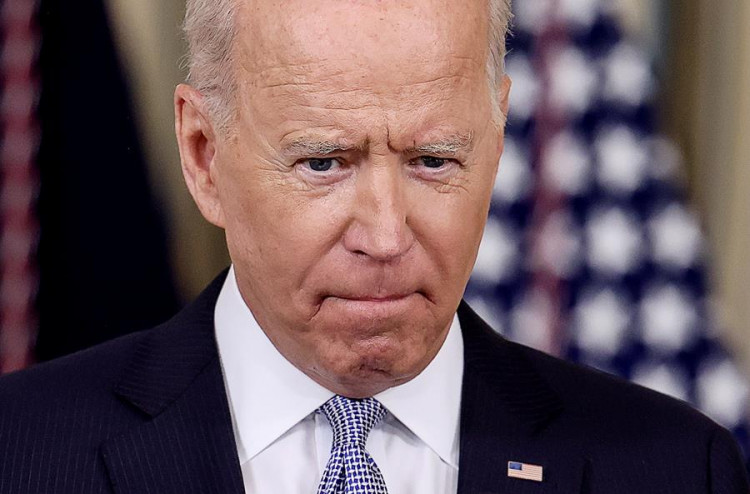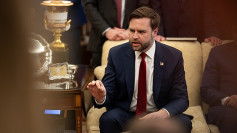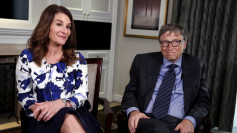United States President Joe Biden warned Russian President Vladimir Putin on Tuesday that the West would inflict "severe economic and other sanctions" on Russia if it invaded Ukraine.
United States President Joe Biden warned Russian President Vladimir Putin on Tuesday that the West would inflict "severe economic and other sanctions" on Russia if it invaded Ukraine.
The two leaders held a two-hour video chat to discuss Ukraine and other issues. U.S.-Russian ties have plunged to their lowest level in more than 30 years, as Russia deployed tens of thousands of troops on Ukraine's border.
Putin responded to the warning by requesting trustworthy, legally enforceable guarantees against NATO expansion eastward and lamented NATO's efforts to "develop" Ukrainian land, according to the Kremlin.
The White House said Biden made no commitments on NATO enlargement in relation to Ukraine.
"I can state categorically and unequivocally that he made no such guarantees or concessions. He is a firm believer that countries should be free to affiliate with anyone they like," Biden's national security adviser Jake Sullivan told reporters.
There were no reported breakthroughs, but both parties promised to maintain communication, which could help alleviate global concerns.
The Kremlin has rejected any intention of attacking Ukraine and has justified a force buildup on its southern border as defensive, but neighboring states have expressed concern.
Biden warned Putin that he may face severe economic consequences, the suspension of the Nord Stream 2 gas pipeline to Europe, and that the U.S. and its European partners will equip Ukraine with more defensive capabilities.
In a statement, the White House added that Biden made it "abundantly clear that the United States and its Allies will respond forcefully with economic and other measures in the case of military escalation."
"Things we were unwilling to do in 2014, we are willing to do now," Sullivan told journalists following the call, alluding to the response to Russia's takeover of Crimea from Ukraine.
In the event of an assault, the U.S. would seek a positive response if Baltic allies request additional U.S. "capabilities" or "deployments," Sullivan said.
One official disclosed that the U.S. might also target Russia's largest banks and Moscow's capacity to exchange roubles into dollars and other currencies.
In 2014, Washington concentrated on defensive, non-lethal assistance in response to Russia's annexation of Crimea, fearful that it would exacerbate the issue.
Sullivan added that Biden was "clear and straightforward" with Putin. "There was some back-and-forth, no finger-wagging, but the president made it crystal clear where the United States sits on all of these matters," the White House official said.






